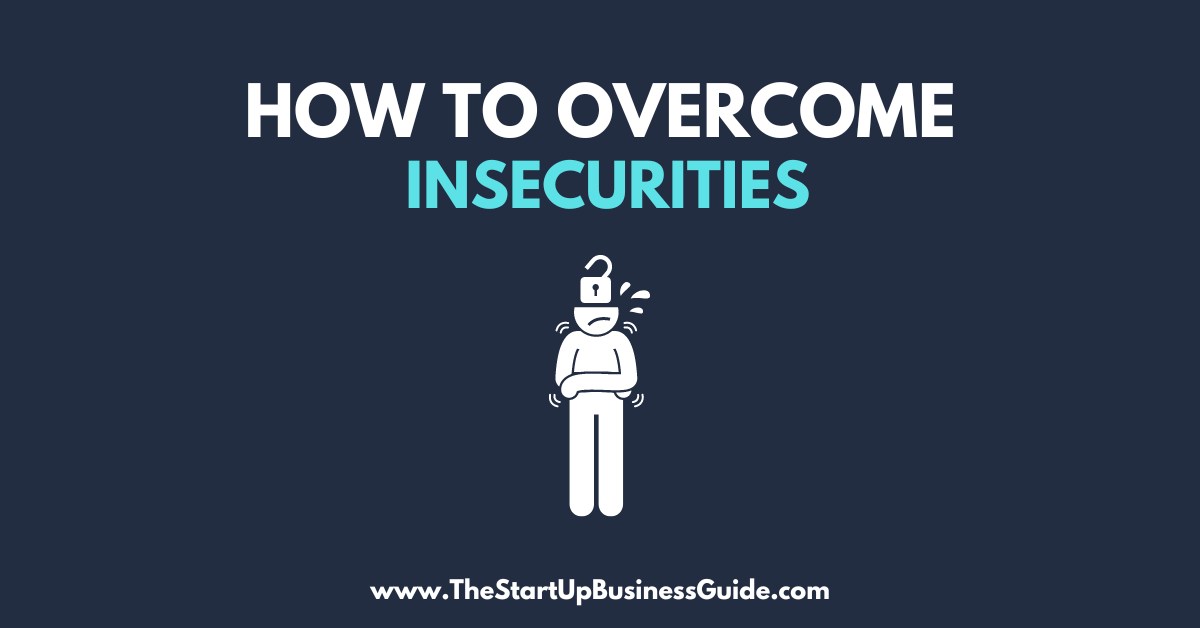How to Overcome Insecurities

Insecurity is a feeling of self-doubt or inadequacy that can impact our mental and emotional well-being.
It can manifest in various ways, such as fear of rejection, difficulty forming relationships, and a lack of self-confidence.
Insecurity can also hold us back from reaching our full potential personally and professionally.
However, it is important to address these feelings and work to overcome them in order to live a more fulfilling life.
Understanding the Root Cause of Insecurities
Insecurities often stem from past experiences.
Trauma, abuse, neglect, and other negative experiences can leave deep emotional scars that can affect our self-perception and self-worth.
Additionally, negative self-talk and negative thinking patterns can also contribute to feelings of insecurity.
This negative self-talk can be internalized over time, leading to a distorted view of oneself, which can be hard to shake off.
Societal expectations and comparisons also play a significant role in insecurity.
The constant bombardment of perfect images and expectations on social media and other platforms can make it easy to feel inadequate or like we don’t measure up.
This can be particularly difficult for those who already struggle with self-esteem.
Strategies for Overcoming Insecurity
The good news is that there are strategies we can use to overcome our insecurities.
One of the most important is recognizing and challenging negative thoughts and self-talk.
It is important to be aware of the negative thoughts and self-talk driving our insecurities and challenge them with evidence and rational thinking.
This can help break the negative thinking cycle and create a more positive self-image.
Another important strategy is building self-esteem and self-confidence.
This can be done through various methods, such as setting and achieving small goals, practicing self-care, and learning to accept and appreciate ourselves for who we are.
It is also important to practice mindfulness and self-compassion.
This means being present in the moment, being kind to ourselves, and learning to let go of negative thoughts and feelings.
Setting boundaries and learning to say no is also important in overcoming insecurity.
It is important to know our own limits and to not let others take advantage of us.
It also means not comparing ourselves to others and not trying to live up to the expectations of others.
It is also important to focus on our personal values and priorities, and to make sure we are living in accordance with them.
Finally, if the feelings of insecurity persist and are impacting our daily lives, it is important to seek professional help.
A therapist or counselor can help us to work through the underlying causes of our insecurities and to develop strategies for overcoming them.
Conclusion
Insecurity is a common human experience, but it does not have to control our lives.
With the right tools and mindset, we can overcome our insecurities and live a more fulfilling life.
It is important to understand the root cause of our insecurities, and to develop strategies for recognizing and challenging negative thoughts and self-talk, building self-esteem and self-confidence, practicing mindfulness and self-compassion, setting boundaries and learning to say no, focusing on personal values and priorities, and seeking professional help if needed.
Remember that change takes time, be patient with yourself, and keep working on it.Regenerate response






